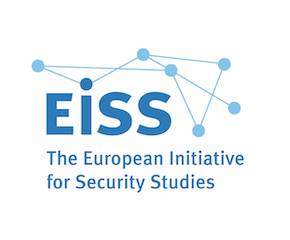Speaker
Description
This paper deals with the politics of sympathy in alliance relations: who owes whom sympathy, expectations for displaying sympathy, and the policing of those who do not show sufficient sympathy. Employing the case of NATO, I argue that sympathy displays disaggregate obligations, entitlements, and hierarchies of feeling among its member states. Precisely, I show how in their use of sympathy NATO members communicate a central part of their view of relationships: they impart their sense of suffering, their naturalness of caring for those members who suffer from attack, and their feeling that authority consists, above all, in the ability to nurture and protect deserving members from harm. Sympathy displays emphasize need, care, and solidarity among members of the transatlantic alliance. It activates a script that creates an emotional link between the suffering of a member and the protection and care for that member. My notion of sympathy exchange extends existing approaches to alliance politics, which view mutual interests, common threats, and social communication as a fundamental mechanism for alliance development, towards including emotional sympathy transactions. As NATO members give and get sympathy, they create and recreate emotional bonds. This institutionalized sympathy give-and-take arguably contributes to stabilizing intra-alliance relations.
| What discipline or branch of humanities or social sciences do you identify yourself with? | Security Studies |
|---|---|
| If you are submitting an Open Panel proposal, have you included all four abstracts in attachment? | No, I am submitting a Closed Panel abstract |
| Are you a PhD student or early-career researcher? | No |

